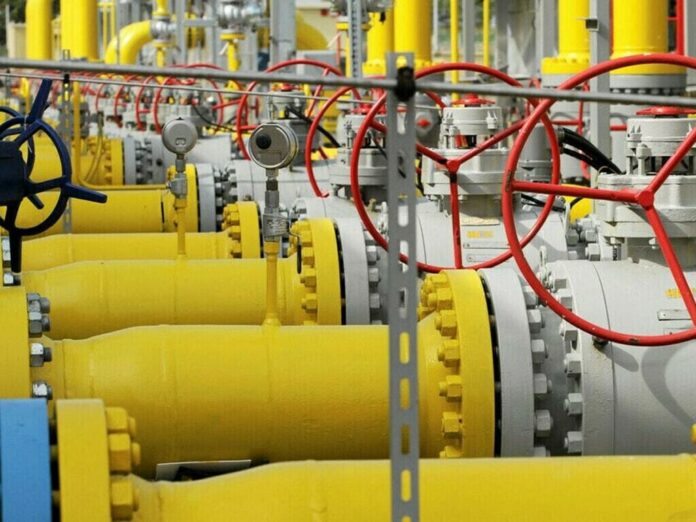MOSCOW: Russia halted gas supplies to Austria on Saturday in a dispute over payments but was still pumping steady volumes to Europe via Ukraine after remaining buyers asked for more gas.
Russia, which before the Ukraine war was the biggest single supplier of natural gas to Europe, has lost almost all of its European customers as the EU tries to reduce its dependence and after the Nord Stream pipeline to Germany was blown up in 2022.
Now one of the last main Russian gas routes to Europe – the Soviet-era Urengoy-Pomary-Uzhgorod pipeline via Ukraine – is due to shut at the end of this year, as Kyiv does not want to extend a five-year transit agreement which brings northern Siberian gas to Slovakia, the Czech Republic and Austria.
Austria said on Friday that Moscow had informed it that the gas would be shut off following an arbitration award to OMV , Austria’s biggest energy supplier, over unfulfilled supplies to its German unit by Russia’s state firm Gazprom .
On Saturday, Austria’s energy regulator E-Control said Gazprom’s deliveries to OMV had stopped at 6 a.m. (0500 GMT), adding that prices and supplies to Austrian customers were steady.
OMV is seeking to recover the 230 million euro ($242 million) damages, awarded during arbitration, from Gazprom by offsetting the claim against invoices for deliveries to Austria – essentially stopping some payments for gas supplied via Ukraine.
Gazprom declined to comment on the suspension of flows to Austria, but the Russian company said it would send 42.4 million cubic metres of gas to Europe via Ukraine on Saturday, the same volume as on Friday and during every other day in recent months.
Slovak state-owned firm SPP said it was still receiving gas from Russia and added others were buying more.




